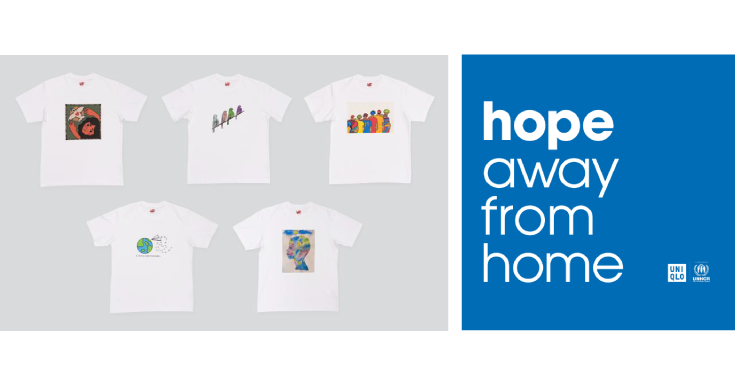6 Ways Playing Benefits a Baby
If you don’t still realise it, a comfortable yet enriched play environment is critical to a baby’s development and teaches skills which can be used later in life! Here are six ways a baby can benefit from playtime!If you don’t still realise it, a comfortable yet enriched play environment is critical to a baby’s development and teaches skills which can be used later in life! Here are six ways a baby can benefit from playtime!
Table of Contents
1. Makes a baby smarter!
During playtime, little ones interact with toys. This is the primary method by which children acquire many basic skills. Consider a child playing with a favourite toy. It could be a toy car or a doll. Not only is the little one actively learning about the toy but he or she is also indirectly discovering more about gravity, motion, cause and effect and much more. Junior might also learn more about colors, numbers, sizes and shapes.
Tip for parents: Turn off the TV and educational DVDs and pull out the dolls, cars, balls and bubbles.
2. Play helps social development
Playing together with others help little ones learn about the concepts of taking turns, collaboration, following rules, empathy and self-regulation as they interact together. Playing also helps children learn the rules of social interaction that will, in turn, help them in all of their relationships. Babies who play well together are able to work well together, which translates into good social skills.
Hint: Whether it’s a play date or a trip to the playground, provide opportunities for your tot to interact with other kids. These moments build the foundation for future social relationships and exert external pressure for them to act in socially desirable ways.
3. Helps master new skills
Have you ever noticed how children do things over and over again? Whether it’s climbing the baby slide and sliding down over and over or kicking a ball repeatedly, these activities result in the same thing: mastery.
Children master new skills through repetitive play; conquering that skill means moving to the next level. Once a baby learns to walk, he will try to run. Once he learns to stack blocks, he will start to build more complex structures.
What you can do: If your tot is happily occupied with one toy, leave it be. There is no need to lure him to another toy. Let there be lots of experimenting with repetitive play.
4. Hones Mathematical thinking
When children play with trains, puzzles or almost any other toy, they are playing directly with math without knowing it. Play teaches children about the relationships between things, and if there is more of something of less of it. Hence it helps them develop the type of reasoning that aids in mathematical performance.
What you can do: Bring out the toy blocks! Toddlers know that if they put one block on top of another they will have two blocks. They know if they have three blocks and you have four, you have more.
Even though they do not know the words, they are learning about addition and subtraction. Who says you have to wait until kindergarten?
5. Promotes language skills and literacy
Playing with other children requires your tot to use and be exposed to language. Little ones who frequently engage in play, particularly socio-dramatic play, show an increase in the total number of words used, the length of their sentences and the complexity of their speech.
In 2007, Seattle Children’s Hospital Research Institute and the University of Washington conducted a study of 175 toddlers, half of whom were given two sets of building blocks. Those who played with blocks scored 15 percent higher on their language assessment than those who didn’t!
Hint: Toy blocks are inexpensive yet beneficial! The study’s authors theorized that if block play were to replace other activities that don’t encourage language development (such as television and baby DVDs), it may even improve attention capacity.
6. Allows children to voice difficult feelings
Sometimes, even adults have difficulties trying to regulate certain feelings, so what more little kids? Negative feelings, such as anger, jealousy, anxiety and fear — can be overwhelming for little ones. Play provides a voice and a healthy outlet for the expression of those negative and overwhelming emotions, and it’s important for parents to give children space to explore them.
What you can do: Give your tot the room to act out his or her feelings, whatever they may be, in play. It reduces the likelihood of the little one acting them out in real life.





















Leave a comment